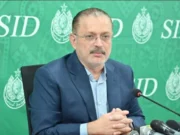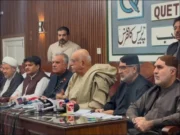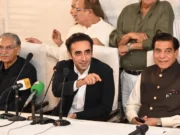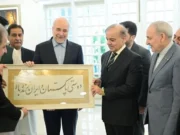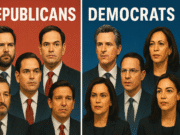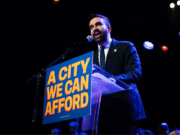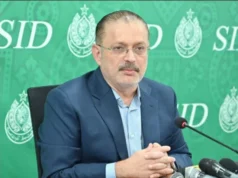ISLAMABAD (July 12, 2025) – Prime Minister Shehbaz Sharif has reaffirmed his government’s commitment to transforming Pakistan’s outdated governance model into a modern, digital, and efficient system, calling it essential for economic growth and national prosperity. In a series of recent developments, the prime minister has initiated a dual-pronged approach: reforming federal ministries through performance-based restructuring and exploring the induction of private sector professionals into senior civil service positions.
Presiding over a high-level review meeting, PM Shehbaz emphasized that the current governance system, in place for over seven decades, cannot deliver the results required in today’s complex and rapidly evolving world. He directed ministries to adopt reforms, integrate new technologies, and hire top-tier experts to enhance institutional performance.
Sectoral Reforms & Committee Formations
A key focus of the meeting was the Ministry of Energy’s reform model, which has reportedly reduced losses and saved billions of rupees. The prime minister praised Minister for Energy Sardar Awais Khan Leghari and his team, urging other ministries to replicate their success by incorporating expert-driven reform strategies.
To operationalize this reform agenda, PM Shehbaz constituted a committee to finalize actionable proposals for restructuring ministries and aligning them with modern governance standards. The committee is tasked with recruiting a competent workforce and introducing international best practices.
In parallel, another committee has been formed to further evaluate the induction of sector-specific experts into more suitable tiers of the civil service. This ministerial body, comprising Climate Change Minister Dr. Musaddiq Malik, Power Minister Awais Leghari, Commerce Secretary Jawad Paul, and FBR Chairman Rashid Langrial, will align its recommendations with two additional committees led by Finance Minister Muhammad Aurangzeb and Planning Minister Ahsan Iqbal.
Controversy Over Private Sector Induction
This move follows a recent government advertisement inviting private sector professionals to apply for roles as Principal Accounting Officers (PAOs), Technical Advisers, and heads of economic ministries. The ad, which gave a two-week deadline, did not specify which ministries were involved, nor did it provide job descriptions or qualification criteria. It is believed to target key economic divisions, including Finance, Petroleum, Power, Planning, Industries, Food Security, and Vocational Training—positions traditionally held by Pakistan Administrative Service (PAS) officers.
The proposal has sparked concern among some federal ministers and senior bureaucrats. Critics argue that replacing federal secretaries with individuals from the private sector may weaken accountability and disrupt constitutional and parliamentary oversight. Some participants in the power sector meeting stressed that foreign investment was not deterred by federal secretaries but rather by inconsistent contract enforcement and broader systemic issues.
Several voices supported technical induction at the middle management level (grades 20–21) or on a contractual basis, rather than direct appointments as federal secretaries—a move seen as largely untested and risky.
Structural Challenges Remain
Officials also noted that current management pay scales may not attract high-caliber private sector professionals, and younger officers are increasingly unwilling to move from provinces to federal posts due to better incentives at the provincial level. A 140% executive allowance introduced earlier to address this imbalance has proven insufficient.
Despite these challenges, Federal Minister Ahad Khan Cheema clarified that the government’s core intent remains unchanged: to create a pool of competent, experienced professionals who can drive reform and innovation in the public sector.
Commitment to Inclusive Development
Separately, in his message on World Population Day, PM Shehbaz reiterated the government’s commitment to a rights-based population policy, ensuring equitable access to healthcare and informed family planning, and empowering individuals to make autonomous decisions about their future.


